- 21 Jan 2023 13:16
#15262727
Art is a terrible exemplar in the matter of surplus value. Though for all that labor they should be compensated as a laborer, a distinction purposely muddied to frame a capitalist as one of the workers contributing to value and side stepping any issue of profit derived from surplus value from surplus labor.
https://kapitalism101.wordpress.com/2014/05/03/on-labor-as-the-substance-of-value/
https://kapitalism101.wordpress.com/2014/05/03/on-labor-as-the-substance-of-value/
ater in Chapter 1 of Capital Marx explores the exchange of other non-produced goods:
“Objects that in themselves are no commodities, such as conscience, honour, &c., are capable of being offered for sale by their holders, and of thus acquiring, through their price, the form of commodities. Hence an object may have a price without having value. The price in that case is imaginary, like certain quantities in mathematics.”
(As an aside I find it amusing that Marx uses such strange examples of non-commodities here like conscience and honor. Clearly it is hard to find examples of non-produced exchangeable goods! Perhaps a modern-day example might be a politician who sells his “loyalty” to the capitalist class or an athlete who sells his “like-ness” to advertisers.)
In discussing rent we decided that rent was a derivative category of value production and that therefore Marx was justified in theorizing rent after he had formed a theory of commodities. Here we have a different matter, “imaginary value”. The first thing we might note is that since conscience and honor are not products of labor they are not freely reproducible and thus do not respond to the laws of supply and demand, or socially necessary labor time, the typical forces by which prices are established. This is a good reason to exclude them from the class of goods that we are considering since this sale of conscience or honor does not follow any predictable economic logic. Rather, the price of conscience or honor would be whatever the two parties of the exchange decide upon at the moment. We draw no further conclusions or laws from this.
If we were to use these exchanges to construct a theory of value we would end up with an indeterminate, nihilistic theory of value in which values are merely whatever people decide they are in the moment, with no law-like regulation by the production process. (This is, of course, the direction that BB and his ilk would like to move value theory, into a nihilistic, hedonistic terrain where value is whatever an individual decides it is leaving us unable to make any theories about social structure, class, or production relations.)
But it is not the fact that we can deduce no laws from it that Marx excludes imaginary value from the central focus of a theory of value. Instead it is because such exchanges are an entirely irrelevant and peripheral phenomenon in our society. The nihilistic, indeterminate logic of “imaginary values” does not extend into the realm of commodity production. So there is no reason to bend the laws of commodity value to fit into the arbitrary whims of those who sell conscience and honor. On the other hand, the basic category of value (and money!) extends over all exchangeable goods. Because commodity production dominates all production and exchange, the exchange of “imaginary values” takes the form of commodity exchange, even though it is not commodity exchange proper. To win the loyalty of a Cardinal in medieval Europe a king would need ply the Cardinal with political favors. To win the loyalty of a politician in a capitalist society one must give her money. Thus the price of loyalty takes the form of commodity exchange even if it is not commodity exchange proper.
By “form of commodity exchange” I refer to a class society in which most people must buy their subsistence and sell their labor power in the market because they are divorced from the means of production. Labor is organized through commodity exchange and money stands as the universal measure of value. The exchange of products of labor take the form of market exchange. The exchange of non-produced things, like honor and conscience, also take the form of commodity exchange, even though they are not commodities.
Though BB does not bring up the topic at this point we might also mention the exchange-value of produced commodities that are not freely reproducible. A one-of-a-kind work of art like a Picasso painting is a commodity but it cannot be reproduced. Thus it does not respond to the pressure of socially necessary labor time. The exchange-value of a Picasso is a reflection of whatever someone is willing to pay for it at the moment, much like honor and conscience.
Marx excludes non-reproducible commodities from his analysis for the most part as well since they are peripheral to capitalist production. However, like imaginary value, when we look at non-reproducible commodities we see that they take the form of commodity-exchange because that is the dominant form of social labor in our society.
https://www.ethicalpolitics.org/ablunden/pdfs/For%20Ethical%20Politics.pdf#page90
-For Ethical Politics
-For Ethical Politics





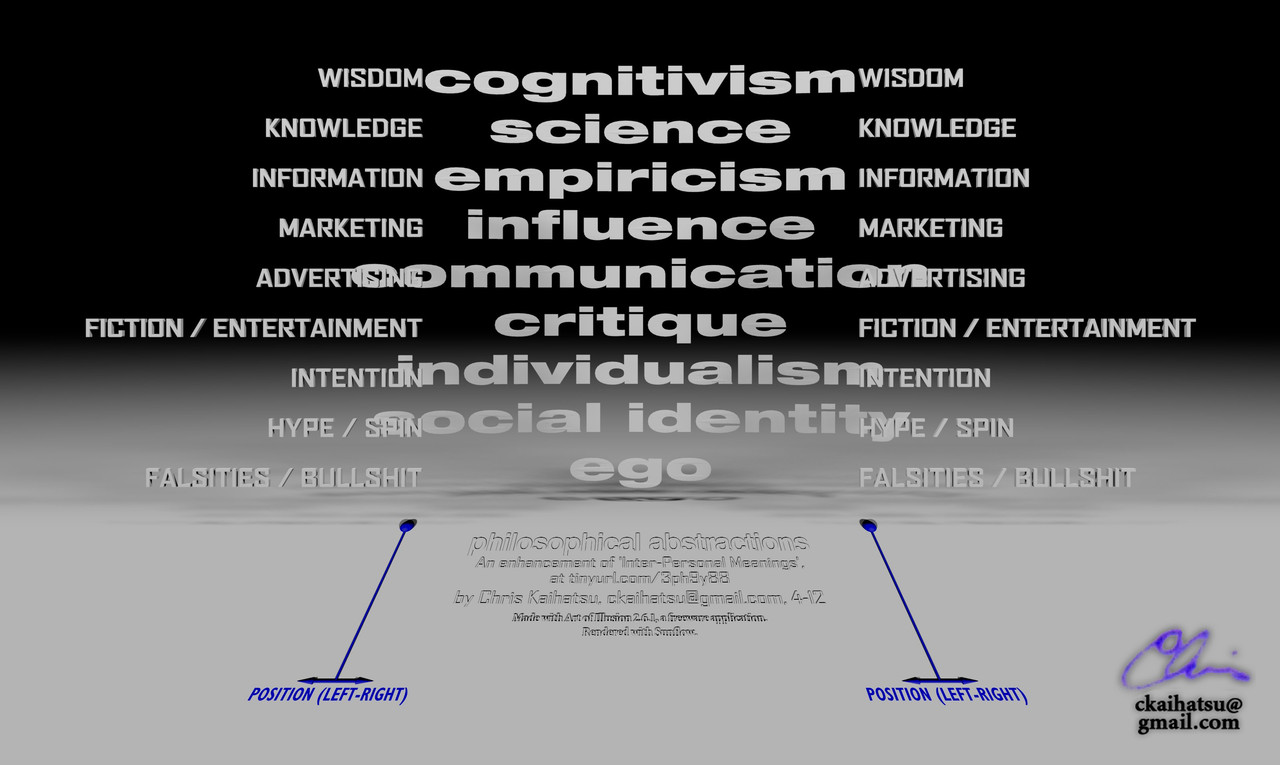
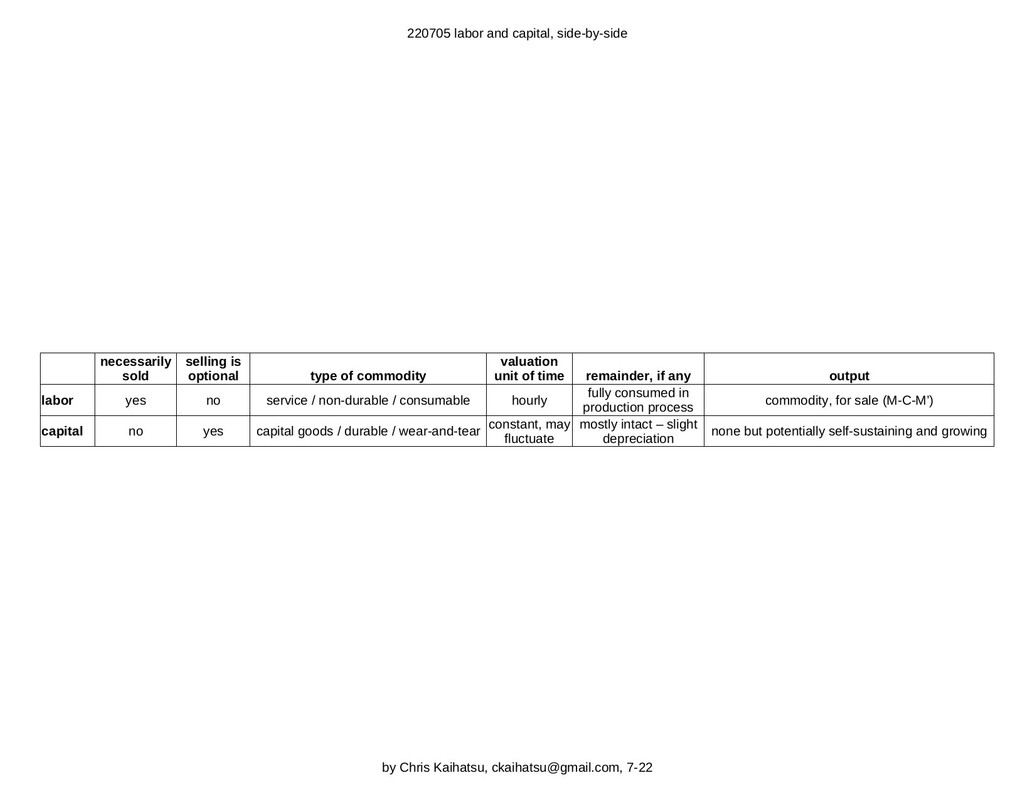
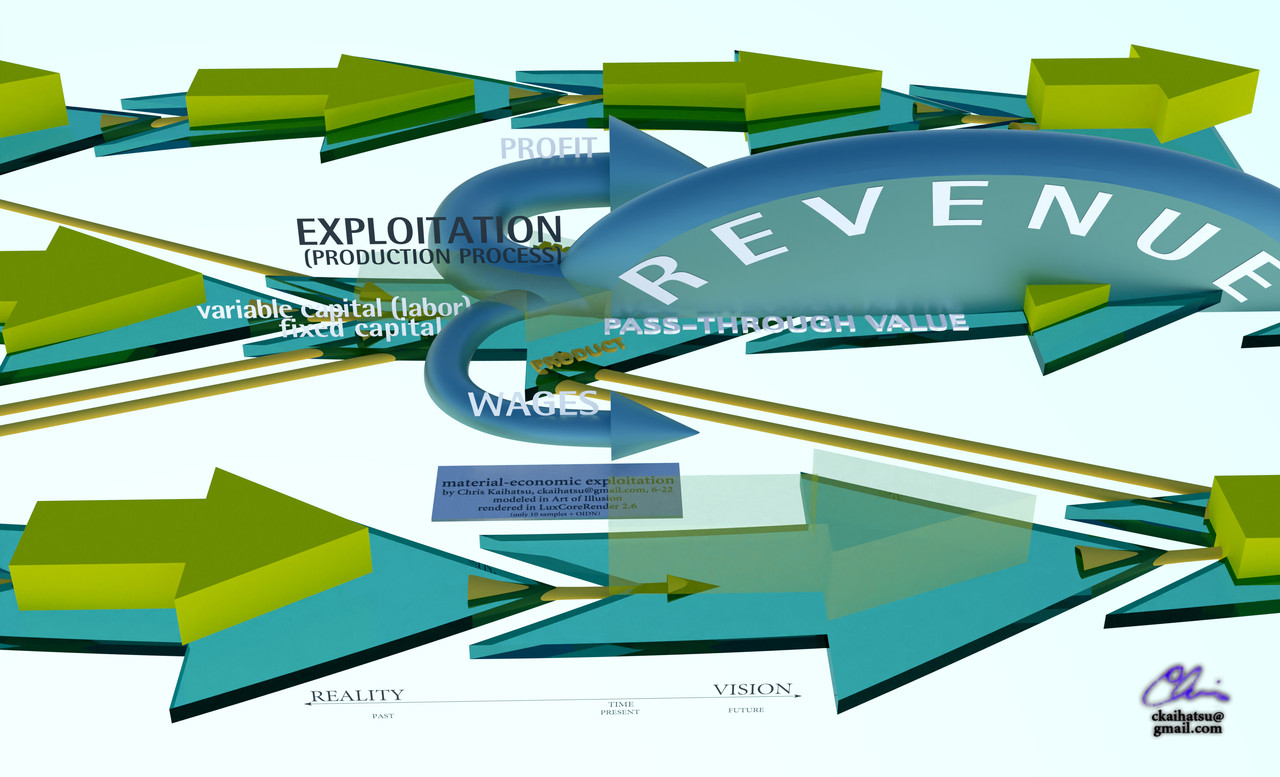
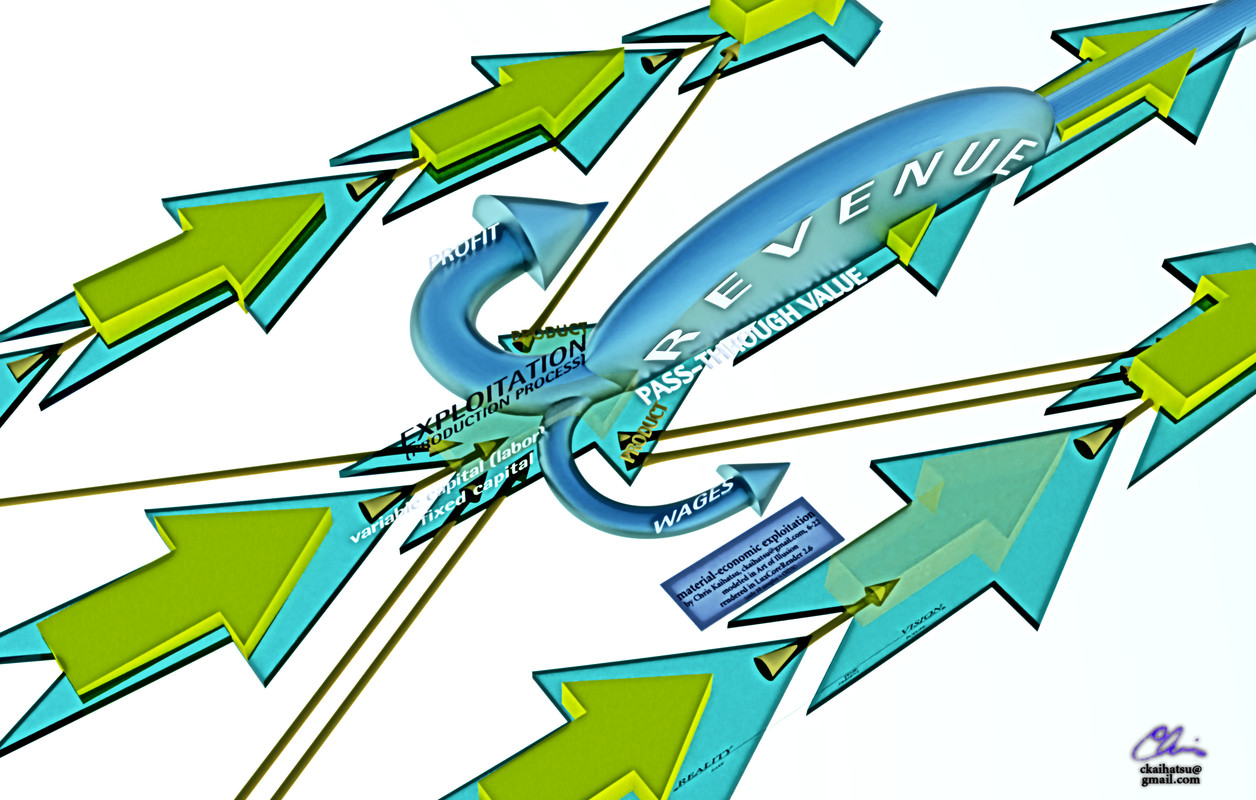




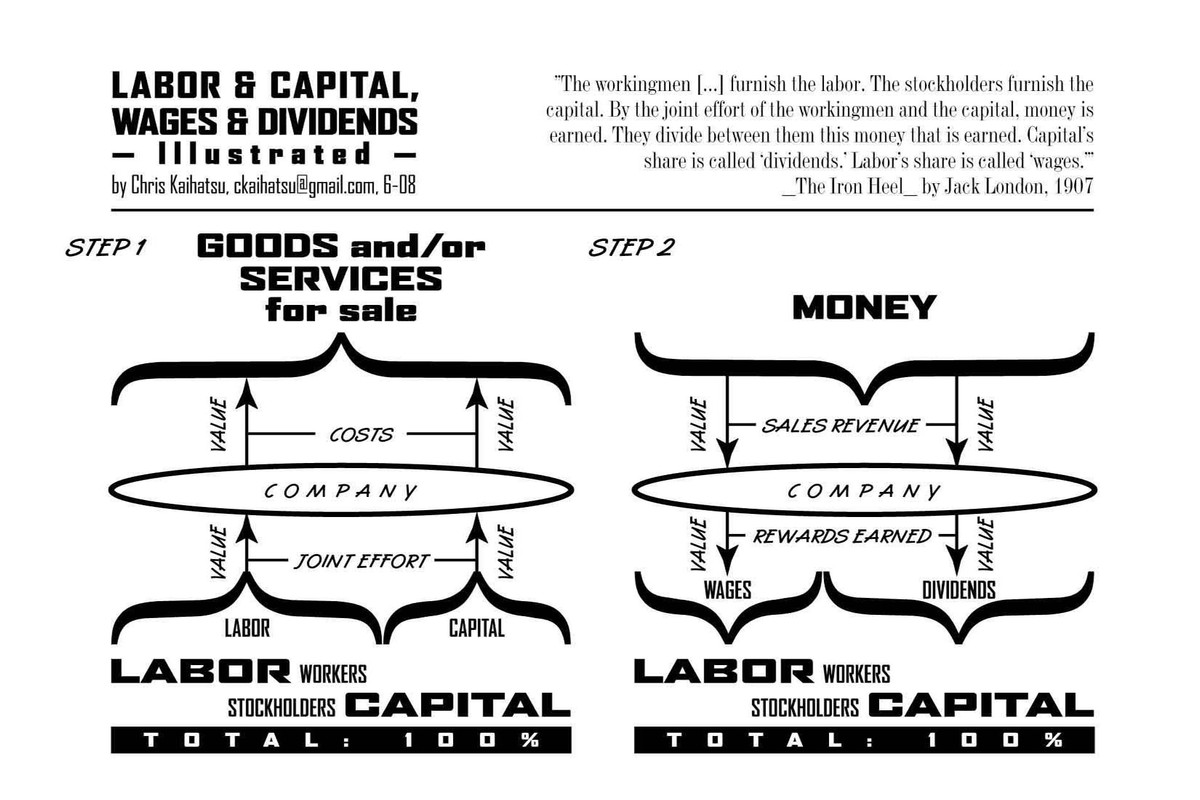


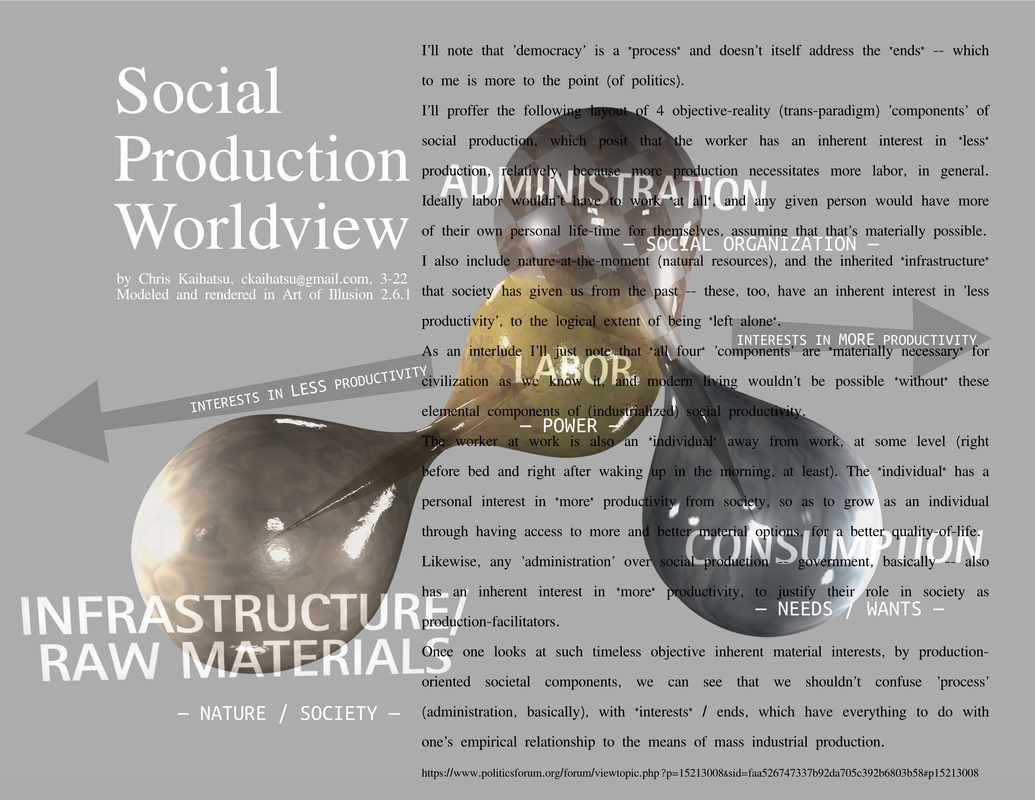
 - By Tainari88
- By Tainari88 - By wat0n
- By wat0n